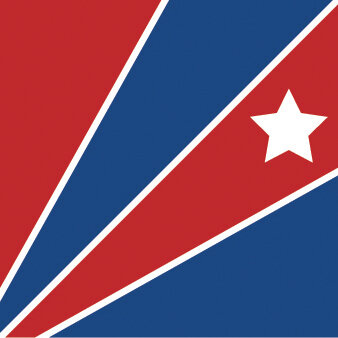WE NEED TO MONITOR THE AP PROGRAM TO ENSURE FAIRNESS FOR MILITARY CHILDREN
By CHRISTI HAM
Smack dab in the middle of the stay-at-home directive to battle COVID-19, thousands of young Americans completed their rigorous preparations for the Advanced Placement testing and then took the equally rigorous tests. They had spent a year working diligently to approach the testing date with proper skills so that they might receive college credit for their efforts. Among those thousands were students of military families stationed around the globe.
At Military Families for High Standards, we recognize that great effort was made by the College Testing Board to provide the fairest testing format for all involved. The duration of tests and the amount of material they would cover was reduced in the shift to an on-line format. A one-time global testing date was selected, and every effort was made to keep the process honest and without opportunity for cheating or deviance.
While the final testing program did its best to give all a fair shot at demonstrating their academic accomplishments in a wide variety of topics/subjects, it was arguably unfair for a percentage of its test-takers.
Those students taking the tests from abroad had to take the test at the same time as students in the United States to keep the process free from any possible cheating. So, when students in the U.S. were taking the test at a reasonable time during the day, students overseas were taking it in the middle of the night or in the early hours of the morning, depending on their location.
Approximately 150,000 students are in this category, and it includes all those military-connected students stationed with their families overseas. This is a small fraction of the total testers (approximately 3 million), but still as an important group as any.
All are hopeful that these students were able to overcome these challenges and perform optimally on the exams. All AP test-takers were challenged by the COVID pandemic. All test-takers had to focus on one single opportunity for testing. All students had to re-adjust to the new format, reduced scope of the test, and shorter testing period. But only these students overseas had to struggle with bringing their best foot forward in a timeslot normally reserved for sleep.
The testing is completed. The scoring is taking place. The results will be shared, and students will have the news of their chance for college credit - or not – in July (a week later than normal due to scoring adjustments, beginning 15 July).
But as advocates for military-connected children, it is imperative that we keep eye on this process and what it then offers to these students. They have grown up with resilience. They readily prove that they can draw the best from challenging situations. They have succeeded despite adversity and excelled in a variety of school settings. We must now watch to be certain that they receive a fair advantage with these results.
Will their college choice accept the results willingly? Will their scores reflect their actual accomplishment? Will their hard work and dedication be minimized to guarantee the strength of the AP program overall?
Please be steadfast observers of these results with us. Watch for indications in the messaging as the scores are released. Follow the numbers from testing attempts to achieved credit. And then work with us to ensure that the end-product is one that mirrors the hard work and effort these students put into this newly formulated testing program.
We cannot allow Advanced Placement to turn into missed placement.
